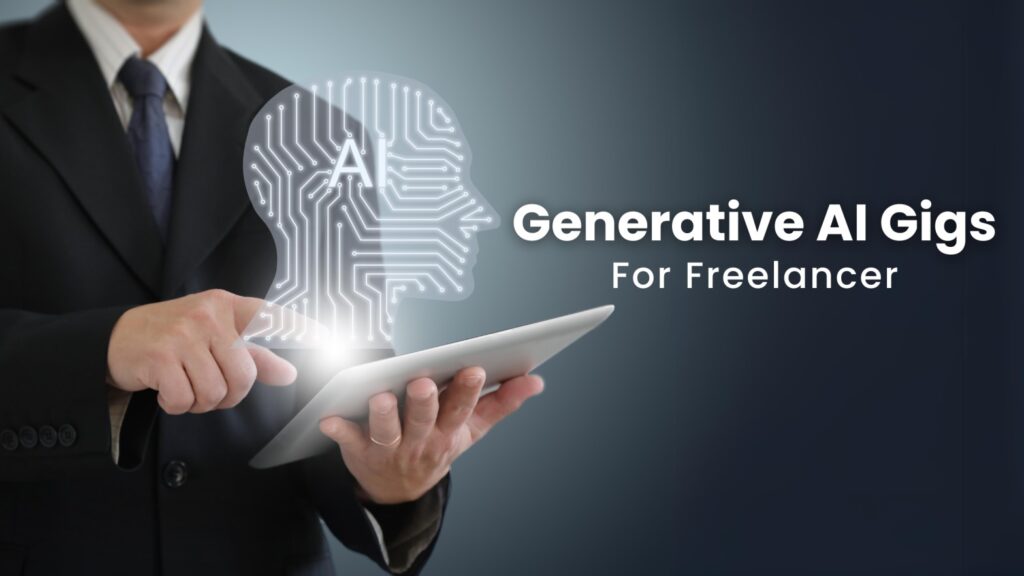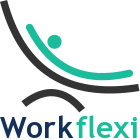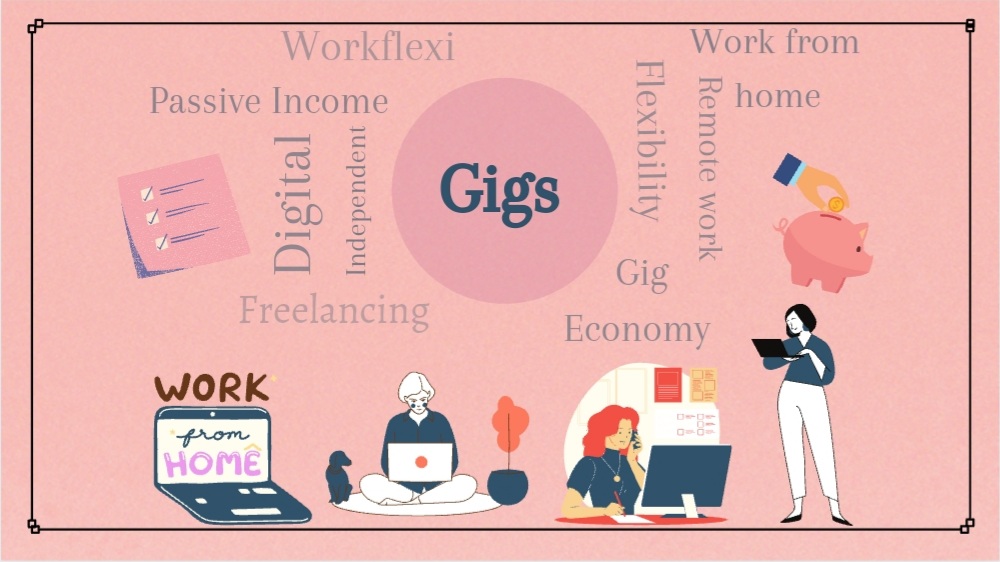How Freelancers Can Take Up Generative AI Gigs

Freelancing in the tech industry has always been a popular career choice due to its flexibility and diverse opportunities. With the rise of generative AI, a new frontier of freelancing gigs has emerged, offering exciting prospects for tech-savvy individuals. This blog will guide freelancers on how to tap into generative AI gigs, covering the necessary skills, platforms, project types, and tips for success.
Understanding Generative AI
Generative AI involves algorithms, such as Generative Adversarial Networks (GANs) and Transformer models, that can generate new content. This technology creates text, images, music, and more, making it a valuable tool across various industries. For freelancers, understanding generative AI fundamentals is crucial for effectively leveraging these opportunities.
Skills Required for Generative AI Freelancing
1. Technical skills
Programming Languages
- Python: The primary language for AI and machine learning.
- R: Useful for data analysis and statistical modeling.
Machine Learning Frameworks
- TensorFlow: Widely used for building and training AI models.
- PyTorch: Another popular framework, particularly in academic and research settings.
Data Manipulation
- Pandas: Essential for data handling and manipulation.
NumPy: Useful for numerical operations.
2. Domain Knowledge
Natural Language Processing (NLP)
- Understanding NLP is critical for text generation projects.
- Familiarity with models like GPT-4 is advantageous.
Computer Vision
Knowledge of image processing and GANs is necessary for image generation tasks.
3. Soft Skills
Creativity
- Generative AI projects often require innovative thinking to create unique content.
Problem-Solving
- Ability to troubleshoot and optimize models to achieve desired results.
Communication
- Clear communication with clients to understand their needs and explain technical concepts.
Getting Started with Generative AI Freelancing
1. Building a Portfolio
Personal Projects
- Start by working on small generative AI projects to build a portfolio.
- Create a variety of content, such as text, images, or music, to showcase your versatility.
Open Source Contributions
- Contribute to open-source AI projects to gain experience and visibility.
Platforms like GitHub are excellent for showcasing your work and collaborating with others.
2. Learning and Development
Online Courses
- Enroll in courses on platforms like Coursera, edX, and Udacity to learn about generative AI.
- Focus on courses that offer hands-on projects and practical experience.
Certifications
- Obtain certifications in AI and machine learning to enhance your credibility.
Google’s TensorFlow Developer and IBM’s AI Engineering Professional Certificates are good options.
3. Networking
Conferences and Meetups
- Attend AI conferences and local meetups to connect with industry professionals.
- Events like NeurIPS and local AI groups can provide valuable networking opportunities.
Online Communities
- Join online forums and communities like Reddit, Stack Overflow, and specialized AI groups.
- Engage in discussions, ask questions, and share your knowledge.
Types of Generative AI Projects
1. Content Creation
Writing and Journalism
- Use AI tools to generate articles, reports, and creative writing pieces.
- Offer services like blog writing, copywriting, and content creation for websites.
Art and Design
- Create AI-generated art, digital paintings, and graphic designs.
- Work with clients in advertising, entertainment, and digital media.
Music Composition
- Compose original music using AI tools.
Collaborate with musicians, filmmakers, and game developers.
2. AI Development and Research
Algorithm Development
- Develop new generative AI models and improve existing ones.
- Work with research institutions, tech companies, and startups.
Research Projects
- Conduct studies to enhance the understanding and capabilities of generative AI.
Publish findings in academic journals and present at conferences.
3. Data Science and Analysis
Data Collection and Preprocessing
- Gather and prepare data for training generative AI models.
- Offer services to companies looking to leverage AI for data-driven insights.
Model Training and Tuning
- Train and fine-tune AI models to improve their performance.
Provide expertise in optimizing models for specific tasks.
4. Application Development
Software Engineering
- Build applications that leverage generative AI for various purposes.
- Develop tools and platforms for content creation, data analysis, and more.
Product Management
- Oversee the development of AI-powered products.
- Ensure that products meet market needs and technical requirements.
Tips for Success in Generative AI Freelancing
1. Stay Updated with Industry Trends
- Follow AI research and advancements to stay current with the latest technologies.
- Read academic papers, attend webinars, and subscribe to AI newsletters.
2. Continuous Learning
- Continuously upgrade your skills by taking advanced courses and certifications.
- Experiment with new tools and techniques to expand your expertise.3. Build a Strong Online Presence
- Create a professional website to showcase your portfolio and services.
- Maintain active profiles on freelance and networking platforms.4. Deliver Quality Work
- Ensure that your projects meet high-quality standards and client expectations.
- Provide clear documentation and be responsive to client feedback.5. Seek Feedback and Improve
- Ask for feedback from clients to understand areas for improvement.
- Use feedback to refine your skills and deliver better results in future projects.
Conclusion
Generative AI offers a wealth of opportunities for freelancers willing to invest in learning and skill development. By building a strong portfolio, staying updated with industry trends, and leveraging the right platforms, freelancers can successfully navigate the world of generative AI gigs. Embrace the challenges, and continuously improve, and the possibilities in this dynamic field will be limitless.



